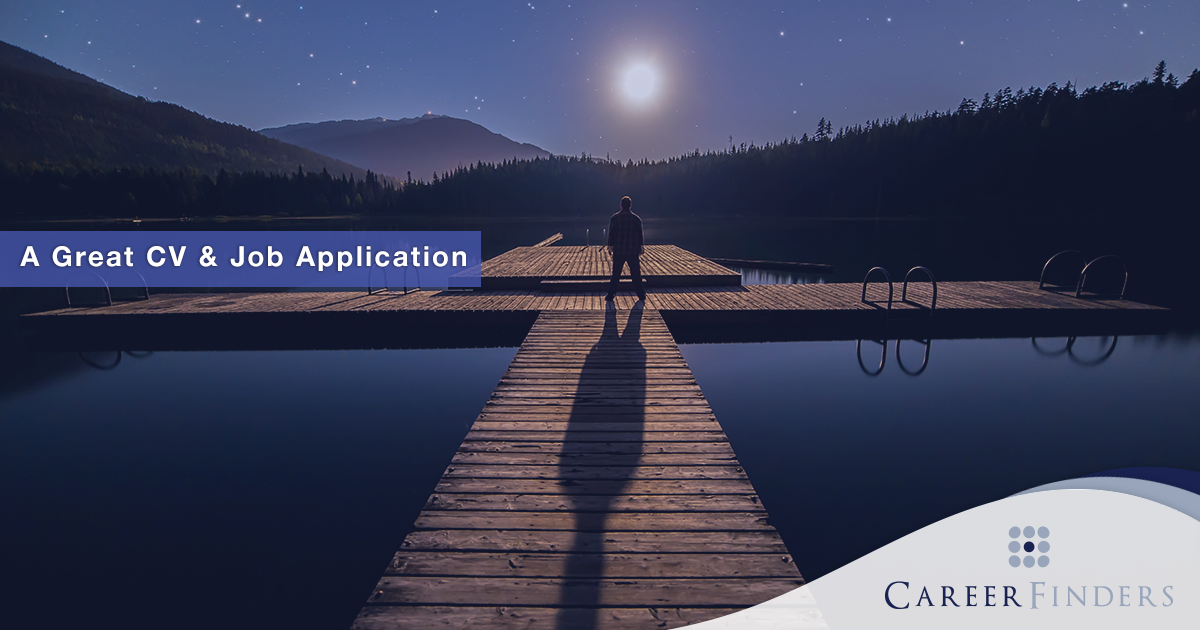Read the CareerFinders Interview Preparation Guide to ensure you deliver your best on the day!
Ahead of the Interview:
- Research the company. The company’s Website, Business and financial magazines, LinkedIn, listed companies-Annual Reports.
- Learn about the Interviewer. Research their accomplishments, history with the organization, outside interests and use this information to build initial rapport and ‘break the ice’. Conduct a search on the internet using the person’s name and company name (LinkedIn, Facebook).
- Study and analyse the job description in detail and highlight in your mind which areas of the position you feel fit your skills and experience best and ensure that you highlight and draw attention to these during the interview.
- Read the company’s annual report to learn about the company’s direction and goals, including those that might involve the interviewer’s department.
- Make a note of any questions you might want to ask about the role and the company – don’t forget it is a ‘two-way street’ and you need to be sure that the role and company fit with your career aspirations and personality.
The day of the interview:
- Always be punctual. Make sure you have identified the exact location of the interview beforehand and be sure to know where to park etc…Don’t start the interview stressed about being late or finding it hard to park!
- Personal Presentation – Dress to impress – regardless of company culture always play it ‘safe’ by dressing in smart, corporate business attire.
- Positive body language ensures positive results! Strong handshake, good eye contact, good posture, avoid crossing arms…engage with the interviewer and make sure you display enthusiasm and interest in the position and their company.
- Your interview starts the minute you walk in the company’s door. Always keep your best foot forward from start to finish.
- RELAX. Try and stay composed and focused during your interview. However nervous you maybe it is vital that you project a level of confidence and assertiveness (without being over-confident).
Interview Styles:
Traditional Questions:
- Direct questions often very cliché.
- Tend to give the interviewer the sense that he/she is being tested.
- Tend to have more right/wrong answers than being subjective.
- Tip: When faced with a traditional question, try to incorporate behavioural like questions in your answers to differentiate your interview.
Examples of Traditional Questions:
- Tell us about yourself
- What do you know about our organisation?
- What interests you about this job opportunity?
- Please provide a summary of your current position and employer?
- Why should we hire you?
- Give us some examples of your strengths and weaknesses?
- What motivates you to excel?
- Where do you see yourself in 10 years from now?
- Why are you the best applicant for this position?
- Tell me about yourself (Open ended question)?
- What has been your greatest achievement?
- Please provide a summary of your current position and employer?
- What, if any frustrations/problems do you have in your current position?
- What are your key strengths/skills?
- What are your weaknesses?
- Why are you currently seeking a new challenge?
- What are your career goals?
- Tell us about a difficult situation or scenario at work and how you dealt with it?
- What are your expectations of salary?
- Do you have any questions for us?
Behavioural-based Questions:
- Invites the job applicant to tell a story.
- A scenario that demonstrates your style of work and character traits.
- Interviewers use this style of interview to get to know applicants in detail and how they react to certain situations.
Examples of Behavioural-Based Questions:
- Could you tell me about a time when you have had to lead a group to achieve an objective?
- Can you describe a situation in which you developed an effective win/win relationship with a client?
- Tell me about a recent problem/issue at work/college and how you found a satisfactory solution?
- Could you describe something you have done to improve the performance of your team at work?
Post Interview:
- Send a thank you Email. Always where possible send a follow-up email thanking the interviewer for their time and reconfirming your interest and enthusiasm for the role (if indeed you are interested).
- Always form your own opinion of a company, try not to listen to friends/colleagues/mentors.
- Consider every interview as a positive experience, even if you are not successful in obtaining the position. Every interview strengthens your skills and will give you a greater level of confidence for the next time.
- Analyse your performance during the interview and if you feel there are areas that you could have performed better in, take the time to invest time in these areas, ensuring a better performance in the future.




